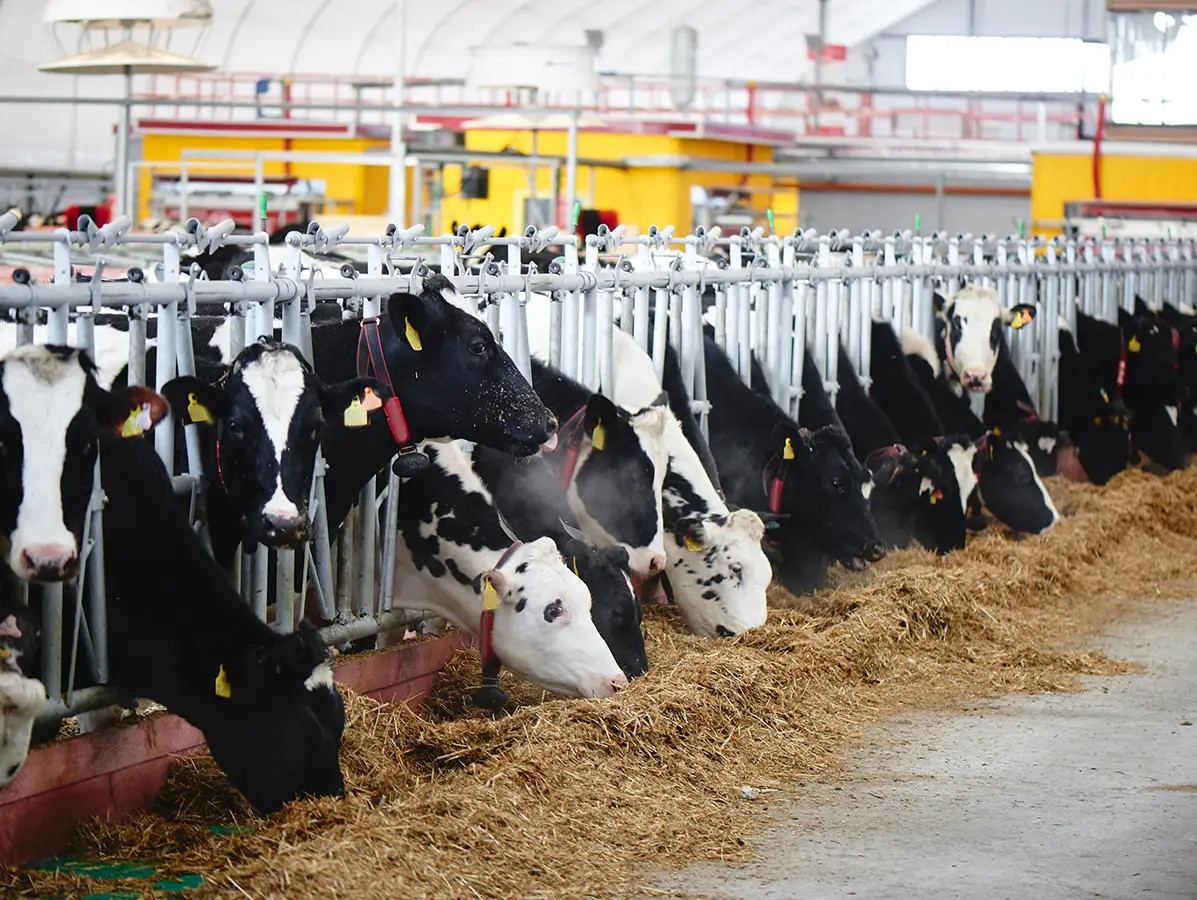
Europe is facing the most serious foot-and-mouth disease (FMD) outbreak in over two decades. The FAO is sounding the alarm and calling for action, as an exotic virus serotype has now emerged in the Near East as well.
Earlier this year, FMD was detected in Germany. Although the country has since been declared disease-free, new outbreaks followed in Hungary and Slovakia. This marks the largest outbreak since 2001. The United Kingdom has already banned imports of meat and dairy products from European countries where the virus has been confirmed, including Austria due to infections in neighbouring Hungary. In the Near East, serotype SAT1 has appeared in Bahrain, Iraq and Kuwait. This strain is foreign to the region and likely originated in East Africa.
FMD is a highly contagious virus affecting cloven-hoofed animals, such as cattle, pigs and sheep. The disease causes fever, blisters and lameness. While adult animals typically recover, young animals can die suddenly. The virus poses no risk to public health, but causes billions in losses worldwide. In endemic regions alone, direct production losses and vaccination costs total 21 billion dollars annually. Outbreaks put serious pressure on trade and food security.
The FAO advises countries to stay alert and act swiftly. Farmers and livestock traders should be informed of the risks and necessary precautions. Biosecurity, strict separation of animal transport flows and appropriate vaccination are key. Emergency plans must also be in place. “FAO is recommending urgent biosecurity measures and enhanced surveillance following the recent detection of foot-and-mouth disease (FMD) serotype SAT1,” the organisation said.
Source: FAO